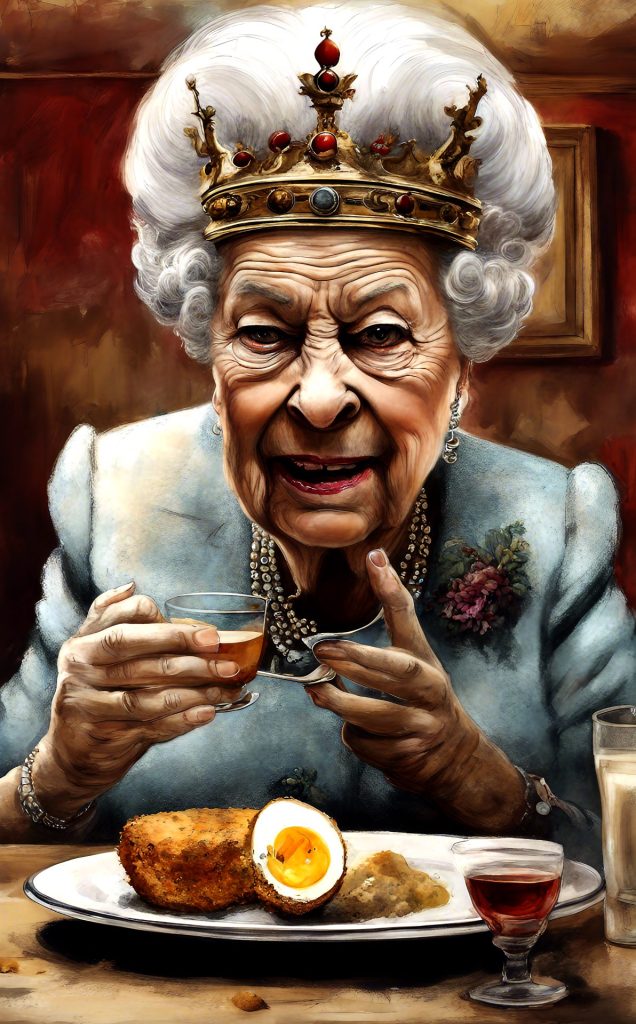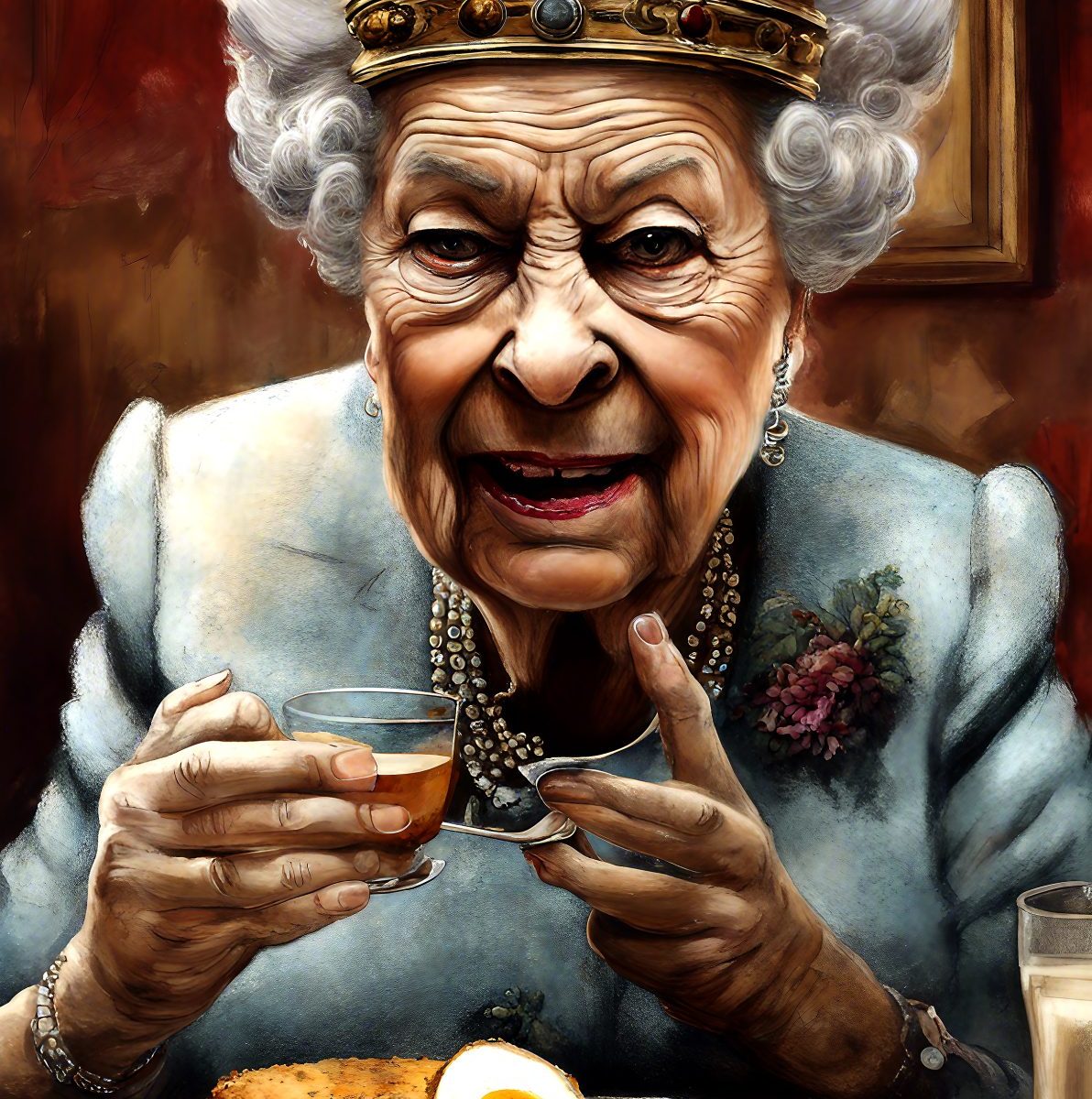There are so many stories on the origin of the scotch egg. It is often suggested, falsely, that they were invented by Royal grocers Fortnum & Mason. Whitby put in a bid. In ‘The Culinary Delights of Yorkshire’ by Peter Bone, he claims that they originated at William J Scott & Sons, covered, not in meat but in fish paste! Not sure about ‘Culinary Delights’, Yorkshire. Stick to Fat Rascals, Curd Tarts or Yorkshire Puds for now.
However it seems most likely that scotch eggs were an English bastardisation of the Indian dish, Nargis Kofta, made of eggs wrapped in mutton and fried. Whatever the case, the scotch egg is, and forever shall be, a most eminent pub snack.
To make them yourself, first preheat an oven to 240ºC. Simmer half-a-dozen eggs in water for 6 minutes. Remove and rest in a bowl of iced water until cold. Peel the eggs, pat dry and set aside.
Squeeze the meat from six, good quality, fat sausages. Nothing too fancy though. Traditional British ones work well as they tend to have more breadcrumbs in and are therefore easier to work with. Blitz in a food processor with a chopped onion and a dollop of English mustard. You could add some finely chopped fresh sage leaves at this point. Divide the mixture into 6 and roll into balls. Flatten, each in turn, in the palm of your hand. Place an egg on top, wrap the meat around it then give it a squeeze.
Prepare three small bowls, one with flour, one whisked egg and, in the last, toasted bread crumbs or panko. For a really crunchy coating, replace the latter with crumbled cornflakes. Dip your balls into each in turn. Put them on a baking tray lined with greaseproof paper. Bake for 20 minutes until golden brown on the outside and the juices run clear.
Serve while still warm, cut in half, with Colman’s English mustard on the side. Next time, try it with black pudding, if you fancy, or maybe an ostrich egg for the whole family.

